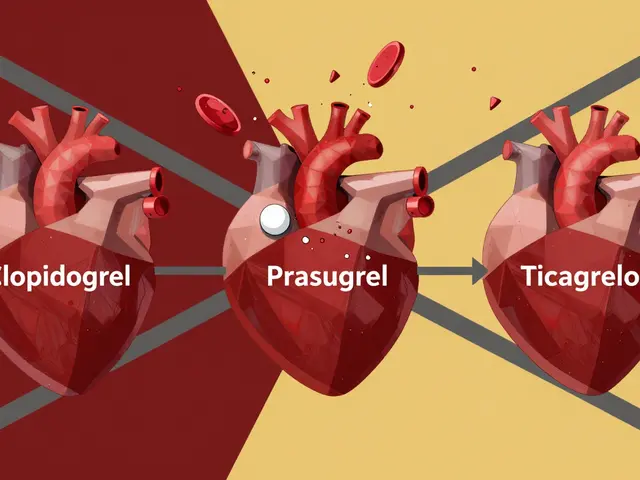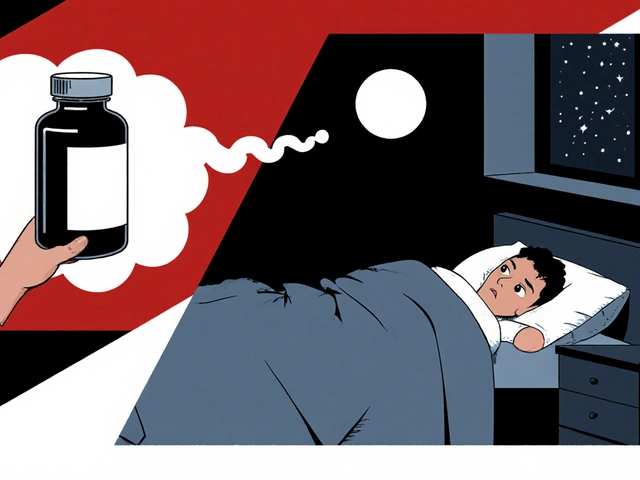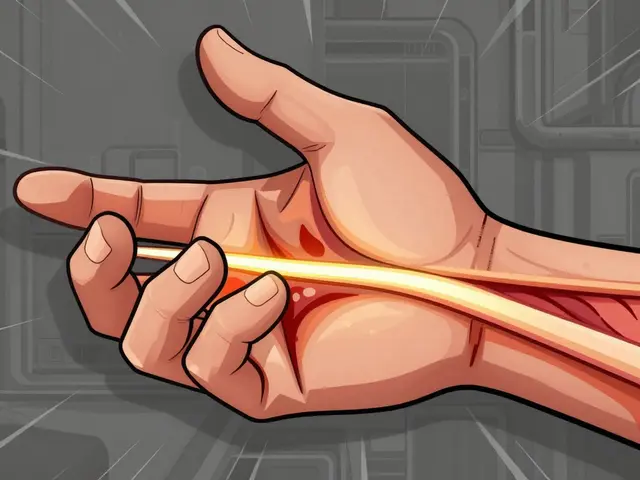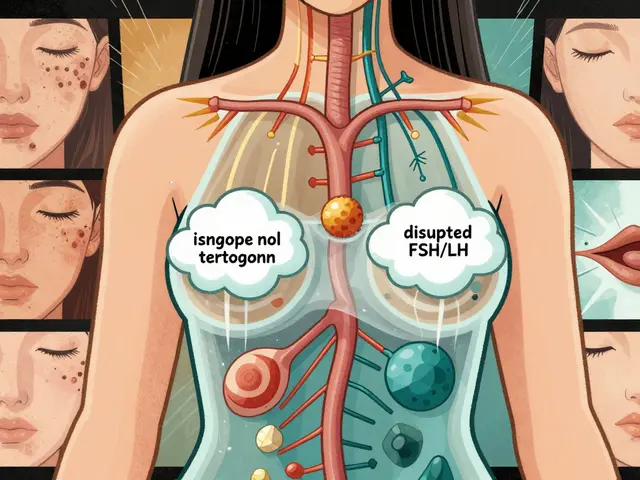Antihistamines: Quick Guide to Allergy Relief
If you’ve ever dealt with sneezing, a runny nose, or itchy eyes, antihistamines might be your best friend. These meds block histamine, a chemical your body releases during allergic reactions, helping to calm down symptoms fast. Not all antihistamines work the same way, though, and knowing how to use them can make a big difference.
First, there are two main types: first-generation and second-generation antihistamines. The first-generation ones, like diphenhydramine, work well but often cause drowsiness. That makes them great for nighttime use but tricky if you need to focus. Second-generation antihistamines, such as loratadine or cetirizine, usually don’t make you sleepy and are better if you want relief without the foggy feeling.
When and How to Use Antihistamines
Antihistamines are handy for allergies caused by pollen, pet dander, dust mites, or even certain foods. They’re also useful for hives and insect bites. The best approach is to take them as soon as allergy symptoms start, or sometimes as a preventive measure if you know when an allergy season hits hard.
Make sure to follow dosage instructions carefully. Taking more than suggested won’t speed up relief and can lead to side effects like dry mouth, dizziness, or even heart issues in rare cases. If you’re on other medications or have health conditions, it’s smart to check with a healthcare professional before starting antihistamines.
Watching Out for Common Pitfalls
One thing to watch: mixing antihistamines with alcohol or other sedatives can increase drowsiness and slow your reflexes. Driving or operating machinery while drowsy is risky. Also, kids and older adults might react differently, so dosing should be adjusted for these groups.
Got a stubborn allergy that antihistamines don’t fully control? It might be time to talk to a doctor about other options, like nasal sprays or allergy shots. Antihistamines are great for many people, but they’re not the whole story when it comes to managing allergies.
In short, antihistamines can give you quick relief if you know which type suits your needs and how to use them properly. Keep an eye on side effects, follow recommended doses, and don’t hesitate to get advice from a healthcare provider to keep your symptoms under control safely and effectively.





